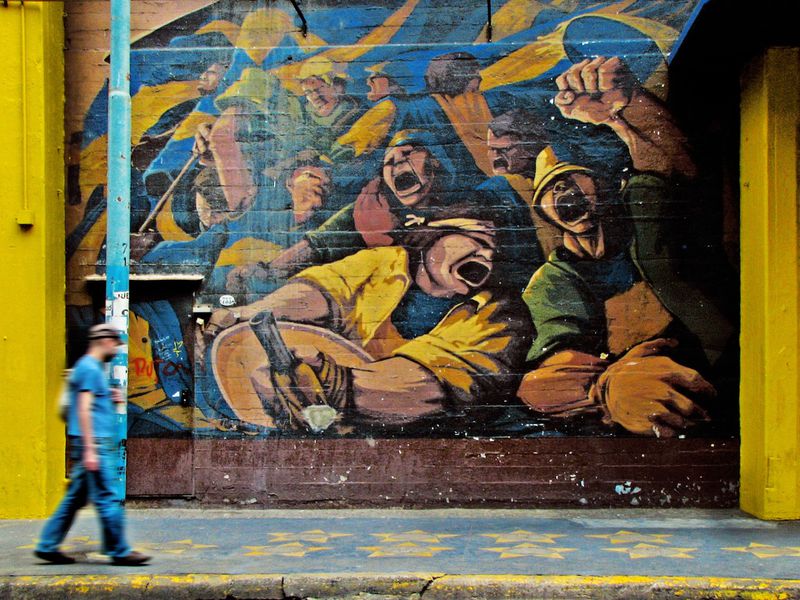
The city of Buenos Aires has launched a digital identity service designed to strengthen residents' privacy using zero-knowledge proofs, a type of cryptography that long predates but often bolsters cryptocurrencies.
The service, QuarkID, has been integrated into miBA, the city's seven-year-old app for accessing municipal services and documents. The idea, in short, is to give 3.6 million porteños – residents of Buenos Aires – greater control over their personal information. The ZK proofs will let users show that a document has indeed been authenticated by the government without disclosing information that is irrelevant to the task at hand.
For example, residents will be able to pull up the app on their phone to confirm they are over a certain age (for the purpose of, say, buying alcohol) without showing their address or even full birthdate.
“The decision from the beginning was to create a self-sovereign identity system so that citizens can have privacy and security over the documents they acquire ownership of,” Diego Fernandez, Buenos Aires' secretary of innovation and digital transformation, told CoinDesk.
Zero-knowledge proofs do not require a blockchain to work, but QuarkID uses one: the Ethereum layer-2 network ZKsync Era. According to QuarkID's website, the blockchain serves as a "security anchor," meaning that it's there to prove a piece of data existed in a particular form at a particular time. "Relying solely on the issue date embedded within the credential data could be problematic, as a malicious issuer could backdate documents," Fernandez said.
More than 60 different types of documents – including birth certificates, gross income tax certificates, and vaccination data – can be uploaded to the app, and additional ones will be made available in the coming months, the city said.
No third party, not even the municipality of Buenos Aires, has any control over these documents, so porteños don’t have to worry about their information being hacked and released into the wild, according to the press release. The risk of identity theft is thus greatly reduced. And neither the government nor QuarkID can track the usage of these credentials, the release said.
“There are no costs for users,” Fernandez said. “In fact, it offers a massively reduced cost for the government over traditional methods.”
The experiment extends beyond Buenos Aires. Pilots are in the works in various Argentinian regions, with Jujuy and Tucumán rolling out the technology on a larger scale. Luján de Cuyo, a small town in the Mendoza region, is also experimenting on the municipal level.
“The city of Buenos Aires and the national government have an IP-sharing agreement, so any technology developed and implemented in the capital city can be shared with the national government,” Fernandez said. “We intend to implement and test this in Buenos Aires, and we hope that then we can scale nationally.”
Experiments are taking place in other Latin American countries including Uruguay, Fernandez said.
免责声明:本文章仅代表作者个人观点,不代表本平台的立场和观点。本文章仅供信息分享,不构成对任何人的任何投资建议。用户与作者之间的任何争议,与本平台无关。如网页中刊载的文章或图片涉及侵权,请提供相关的权利证明和身份证明发送邮件到support@aicoin.com,本平台相关工作人员将会进行核查。




